The non-binding resolution, proposed by the United States and co-sponsored by China and 122 other countries, was adopted by consensus without a vote. The resolution, which took three months to negotiate, supports strengthening privacy policies, according to Reuters today, March 22. This is the first time the General Assembly has passed a resolution on this area.
“Today, all 193 members of the United Nations General Assembly have spoken out and chosen to govern artificial intelligence rather than let it govern us,” said US Ambassador to the United Nations Linda Thomas-Greenfield.
“The improper or malicious design, development, deployment and use of artificial intelligence systems pose risks that may undermine the protection, promotion and enjoyment of human rights and fundamental freedoms,” the resolution reads.

Artificial intelligence is a hot topic at international forums.
The General Assembly calls on all Member States and relevant parties to refrain from or cease the use of AI systems that are inconsistent with international human rights law or pose undue risks to human rights practices. The General Assembly also calls on the private sector, research institutions and the media to develop and support methods for regulating and governing the use of AI in a safe, secure and trustworthy manner, according to official information on the UN website.
The resolution calls on UN member states and stakeholders to cooperate and support developing countries so that they can enjoy comprehensive and equitable access, narrow the gap and improve digital literacy.
This is the latest in a series of initiatives by governments around the world to shape the development of AI in the current context. Specifically, concerns that AI can be used to disrupt democratic processes, increase the risk of fraud or lead to serious job losses, among other harms. However, only a few of these initiatives have been effective, according to Reuters.
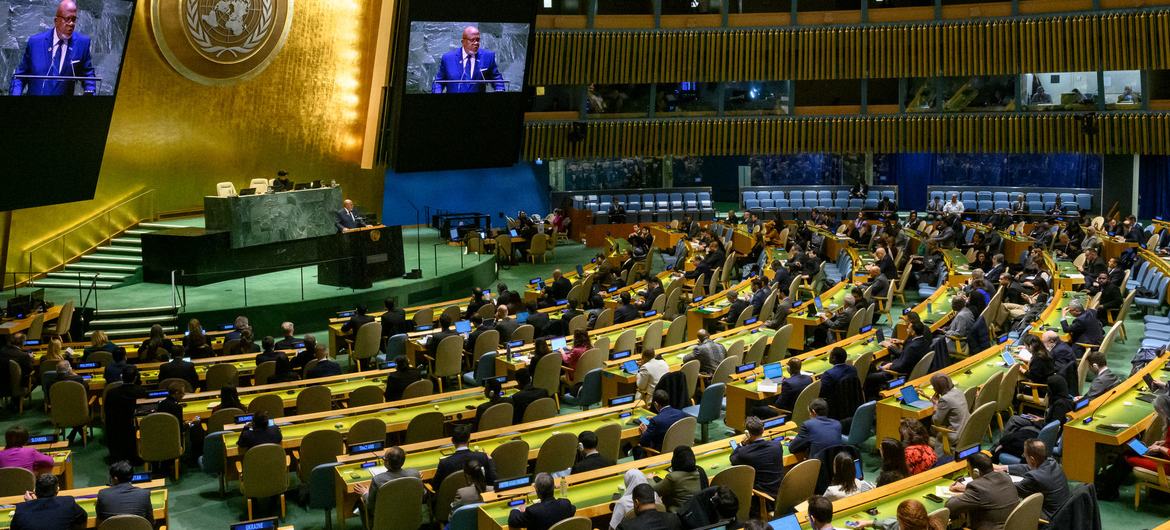
A session of the United Nations General Assembly
In November 2023, the US, UK and more than a dozen other countries announced the first detailed international agreement on how to secure AI from rogue actors, pushing companies to create AI systems that are “safe by design”.
Europe is getting ahead of the US, with EU lawmakers approving a temporary deal in March to oversee AI technology.
The Biden administration has also urged lawmakers to move toward AI regulation, but progress is unlikely in a polarized Congress , where Republicans and Democrats hold majorities in each chamber.
Meanwhile, the White House is looking to mitigate AI risks for consumers, workers and minorities, while strengthening national security, with a new executive order in October 2023.
Asked whether negotiators had encountered resistance from Russia or China, US officials acknowledged there had been “a lot of heated conversations… but we have been actively negotiating with China, Russia and other countries that often do not see eye to eye with us on issues.”
“We believe this resolution strikes the right balance between promoting further development while continuing to protect human rights,” said an unnamed US official.
Source link




![[Photo] General Secretary To Lam receives the Director of the Academy of Public Administration and National Economy under the President of the Russian Federation](/_next/image?url=https%3A%2F%2Fvphoto.vietnam.vn%2Fthumb%2F1200x675%2Fvietnam%2Fresource%2FIMAGE%2F2025%2F12%2F08%2F1765200203892_a1-bnd-0933-4198-jpg.webp&w=3840&q=75)










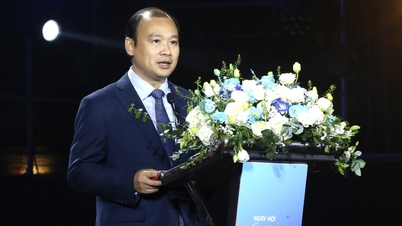






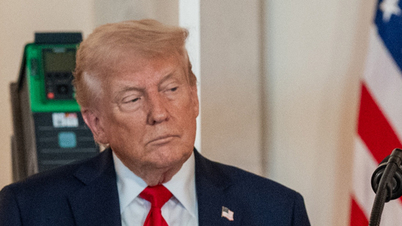



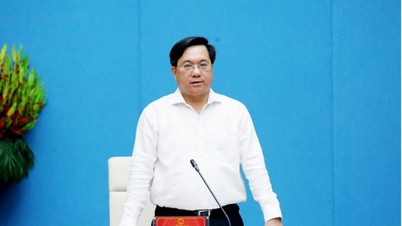









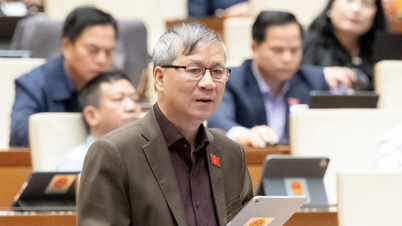





































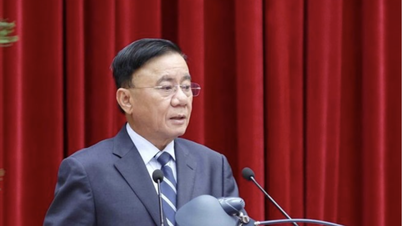

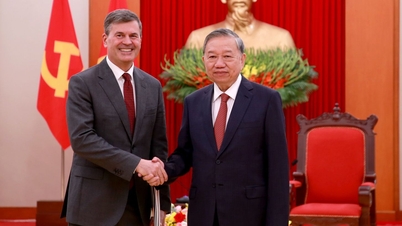

































Comment (0)